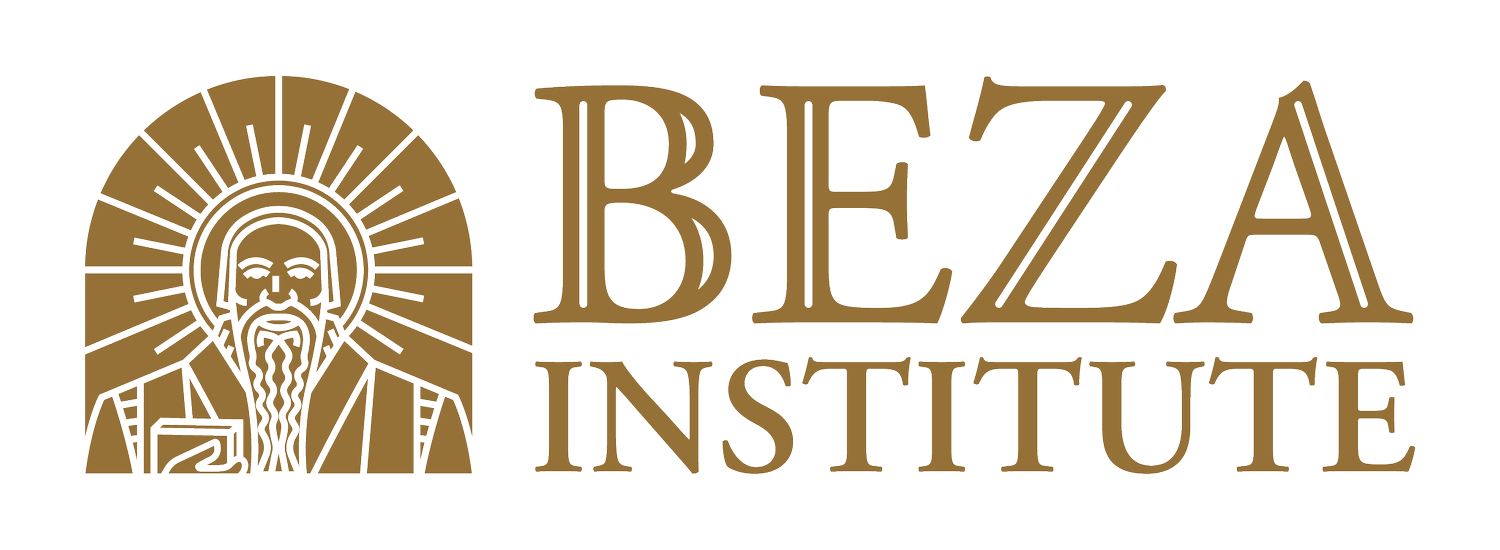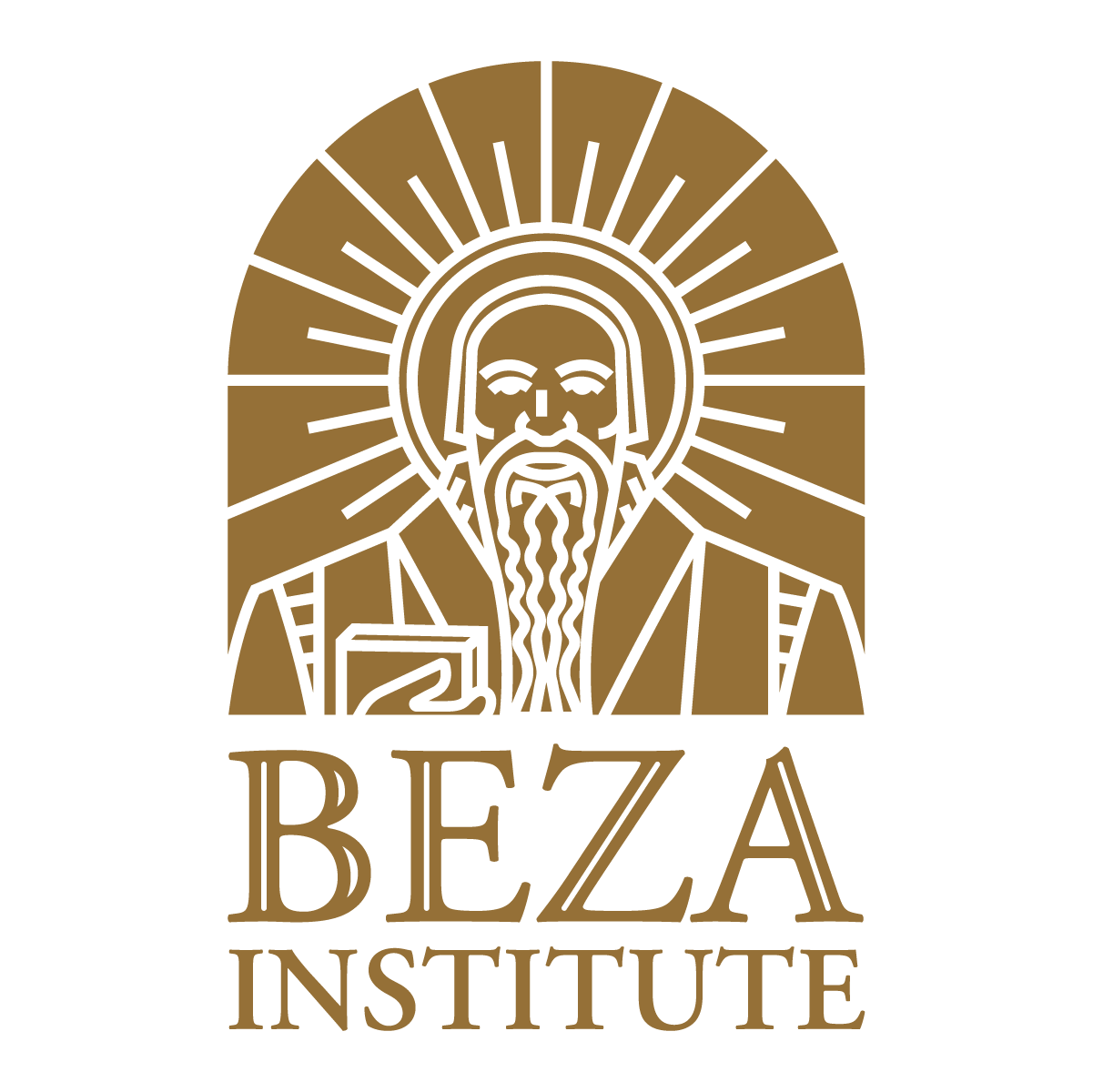Men, Carry Your Father
This article was originally published by Roman Roads Press. It is republished here with permission.
As a boy I lived for a period in Florida, the capital of retirement homes. As a result, for various reasons, we visited a few of these homes. They were nice. Like little vacation villages. Yet they were also tragic. This is where the most essential members of our society spent their most important years.
We were living in Florida because my grandfather was dying of cancer, and we lived with him during his last days. He never lived in a retirement home, and died Christmas morning in his own bed, surrounded by family. What a gift to him, but what a greater gift to us.
In book II of Vergil’s Aeneid, we encounter one of the most moving scenes in the epic story. Aeneas carries his father Anchises from the burning ramparts of Troy, while holding his son’s hand. In one image famously depicted by artists throughout the centuries, we see Aeneas preserving both the past and the future; his father, and his son. It’s easy to understand the need for the future, but even his father argued with Aeneas, telling him to “Make haste to save the poor remaining crew / And give this useless corpse a long adieu.” (Aeneid Book II.870). His father feared he would be a burden, and unneeded. But Aeneas needed Anchises. He didn’t need his strength, or even longevity. In fact, Anchises would die on the voyage. He needed his father for his wisdom, but more importantly, he needed what every father represents to his son: identity. To abandon his father, while alive, even if it made logical sense, would have symbolized an abandonment and death of his identity.
Even after his death, we are reminded what his father represents when Aeneas goes into the underworld in book 6, and speaks to his father. There Anchises reminds Aeneas who he is, and what he is destined for. This is what fathers are for.
Earthly fathers give their children a name, a household, and a lineage.
Our Heavenly Father also gives us His name in baptism, a household, and a lineage.
Our spiritual fathers have gifts to give us as well.
The theologian Hughes Oliphant Old explored the concept of fathers in the faith this way:
“It is an old custom to call John Chrysostom ‘our father among the saints.’ John Chrysostom, however, was celibate. Not one of us can claim him as our ancestor. What makes him then our father? Augustine had one son, who died at the age of twelve…How is it that we call such men Fathers?
The answer is this: Chrysostom, Augustine, and Jerome have again and again engendered spiritual children, in one generation after another, in one culture after another…The Fathers were the seminal thinkers of Christian theology. If it were not for this ability of theirs to speak to the most devout and fertile of minds of every age and nation, they would have been forgotten long ago.”
(Hughes Oliphant Old, Worship Reformed According to Scripture, 168.)
We need our fathers. Our earthly fathers by blood, our spiritual by faith, and our cultural fathers by inheritance. We need to carry them on our backs if our city is sacked. They are not dead weight, they are the treasure to retrieve from the flames.
This Father’s Day, honor your earthly father, honor your Heavenly Father, and honor your spiritual and cultural fathers. This exhortation is embedded in the motto, “Inherit the humanities.” “To inherit” assumes the heritage is already yours and that it is a blessing to receive.


